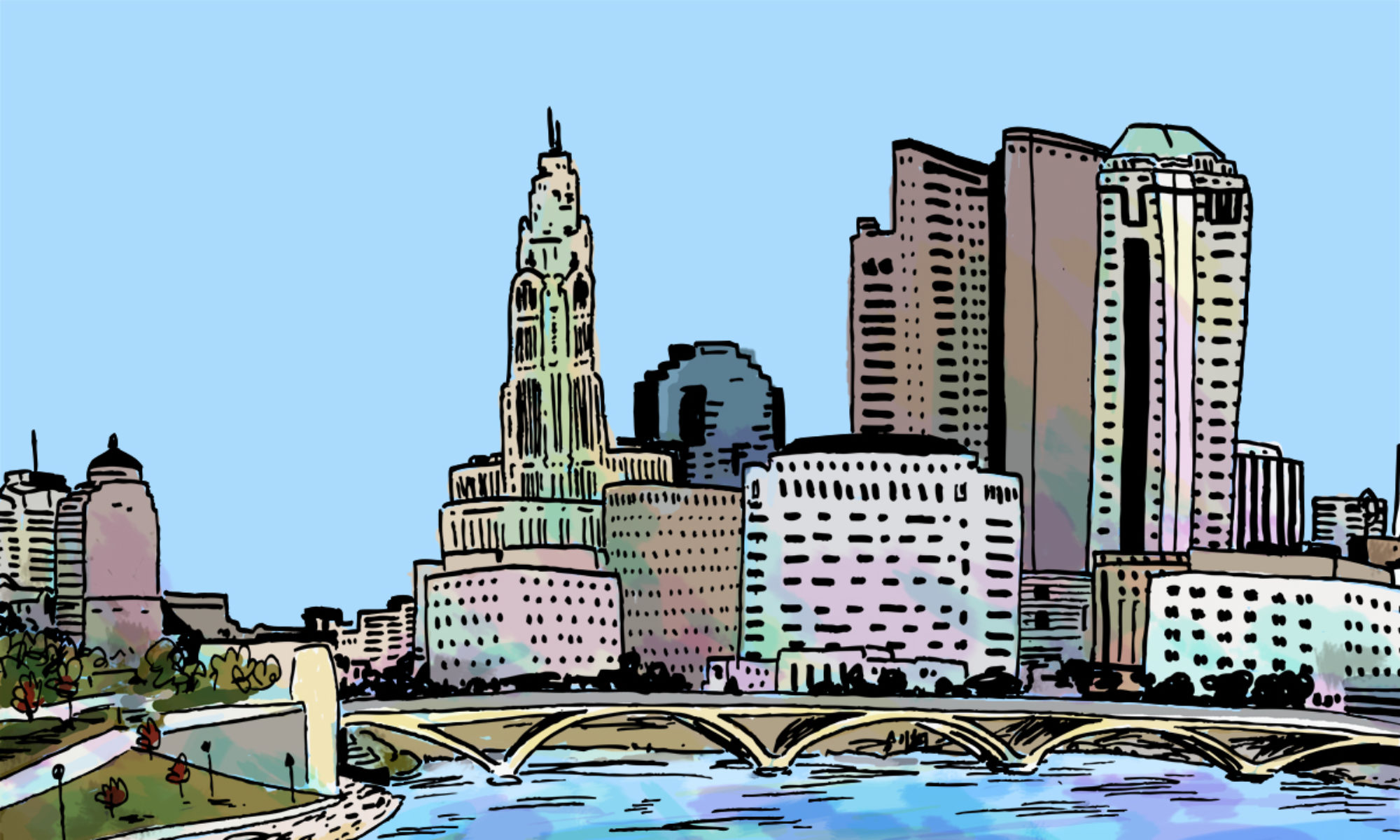(Or How to Have an Online Presence Without Losing Your Mind)
We’re in the middle of a dark moment in history, and our online spaces often reflect that. Comment sections are famously toxic, algorithms everywhere favor posts that generate controversy and conflict, and more than ever, our experience of the internet is one choked with insidious advertisements and steeped in commercialism. Social media has become, in general, a loud and unfriendly place. But if you’re an artist working in 2022, sooner or later, you pretty much have to go there.
The good news is there are a few ways to go about this, and you can, to a certain extent, tailor your online experience to work for you (and maybe preserve your sanity in the process). Here are a few things I’ve learned over the course of my time writing comics for an online audience.
Not all social media platforms are created equal.
Whether it’s toxicity on Twitter or the general vibe of “evil mega-corporation” on Facebook, most people I talk to have at least one platform they can’t stand. For an aspiring webcomic creator, the pressure to generate likes and shares and maximize your visibility can get overwhelming. What I find helpful is to treat each platform like it is a completely separate audience with its own culture and its own rules. Remember, just because networking is important doesn’t mean you need to be everywhere at once. It can actually be much more worthwhile to devote a lot of time and energy to one or two well-maintained profiles than to spread yourself thin across every social app in existence. First, pick a starting point. Spend some time familiarizing yourself with the culture there. Are people in the comments generally courteous (or at least bearable)? Is it easy to find fandoms and subcommunities where a new webcomic could find devoted readers? Start in a place of relative comfort, and seek out supportive people. They are out there, I promise.
Social Media has its limits, and so do we.
It’s cliché at this point to say “practice self-care,” but when it comes to maintaining an online profile, it really is essential to guard your mental health. This can mean anything from taking breaks to blocking harmful users.
First of all, don’t get discouraged when a comic you post only gets a tiny bit of engagement. With the amount of new content being generated, most posts are relegated to obscurity after only a few days, or even hours. Posting your comics is best done as consistently and frequently as possible, but it’s important not to get glued to the refresh button hoping for something to go viral. It’s easy to get addicted to chasing after likes and shares, and just because you’re creating a social media presence doesn’t mean you have to be terminally online.
Second of all, don’t let anyone shame you for blocking or muting users who attack you or others on your page. As a creator, you need to communicate with your audience sometimes, but that doesn’t mean you’re obligated to engage with every question, comment, and criticism regardless of whether it’s in good faith. Even people with thick skins have a limit, and it’s best to set boundaries well before you’ve reached it.
Seek out other creators and help build community.
I really can’t overstate the importance of community in online spaces, and this means bolstering other artists and writers. Never underestimate the power your comments have, and don’t hesitate to shower someone with compliments if you like their work. Artists are famously not a confident bunch, and if you’ve already started posting work on social media, you probably know the weight a kind word can carry. At their best, social media platforms provide a support network to lean on, and that’s especially true for those of us who don’t find much support from others in our lives.
I feel like I should acknowledge my privilege here. It’s important to remember that not all of us face the same experience when sharing our work online. Advice about overcoming “stage fright,” while all well and good, may not be helpful for someone facing racism or transphobia. Finding online spaces where LGBTQ+ and people of color feel safe is still not easy, even as inclusivity becomes a more commonly accepted virtue. And that’s not something any individual can fix, but it won’t change without conscious effort from people in online communities. We should all try to be part of the solution, even if it’s just by reading and sharing webcomics from creators with diverse backgrounds.
Having an online presence means being open to people in a way that can be both uncomfortable and exhilarating. That vulnerability is profoundly scary, but it’s also ultimately our strength as creators. It’s how we really reach people, and it’s what makes the best stories so deeply affecting, whether they’re tragic memoirs or lighthearted humor strips. And even if the online spaces we navigate are largely tainted by conflict and corporate banality, I find it’s still worthwhile to try and make your mark there.
